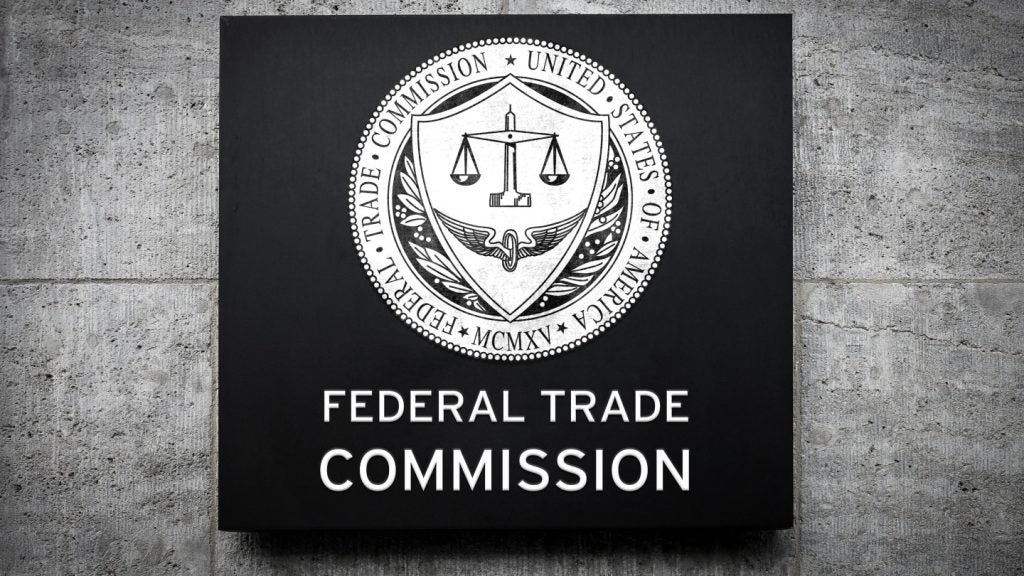
Cryptocurrency regulation is raising barriers to entry in the field, making it more attractive to investors according to Zack Michaelson, senior director at Publicis Sapient and adjunct professor at NYU.
Speaking on GlobalData’s Thematic Intelligence podcast, Michaelson explained why the US Security and Exchange Commission (SEC) views crypto as a security and how that might help institutional players.
Of the many recent and ongoing lawsuits in the sector, he said: “As crypto has developed, it sure is looking like an investment asset. People are treating it like [one], they are believing that it’s [one], therefore regulators believe it is something they should be involved in.”
This development has left many of the original entrants into the crypto market facing uncertainty and legal costs, but it has an upside for larger players that were later in entering the market.
Michaelson explained that “for a JP Morgan or a BlackRock, having some rules of the game makes it more attractive … When anybody from their mum’s basement can compete, [they] don’t want that.”
As cryptocurrency becomes more clearly a security – and therefore regulated by the SEC – it is likely that more large firms will at least consider crypto as part of their offerings.
How well do you really know your competitors?
Access the most comprehensive Company Profiles on the market, powered by GlobalData. Save hours of research. Gain competitive edge.

Thank you!
Your download email will arrive shortly
Not ready to buy yet? Download a free sample
We are confident about the unique quality of our Company Profiles. However, we want you to make the most beneficial decision for your business, so we offer a free sample that you can download by submitting the below form
By GlobalDataThese thoughts echo sentiments put to Electronic Payments International in January, following the introduction of stricter money laundering legislation in the European Union. At the time, an executive committee member at the BSV association argued that the package “brings significant benefits to the industry.”
Also on the podcast episode, Michaelson suggested that Central Bank Digital Currencies appeal so much to governments because they allow efficiency increases without requiring systemic change, operating on the backend more like an “an IT upgrade.”






